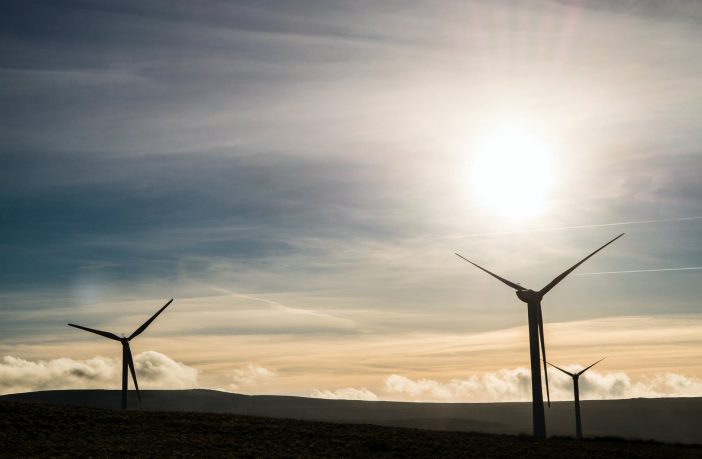- Global coalition of more than 90 wind energy companies and associations has released a COP26 Manifesto calling on governments to take eight concrete steps to get to net zero.
- Annual wind installations need to scale up by four times current levels to reach net zero by 2050; current projections will provide less than half what is needed.
- Signatories include largest companies in the sector including Vestas, Siemens-Gamesa, Goldwind, Mingyang, Nordex-Acciona, Iberdrola, ENEL, SSE, Orsted, EDP Renovables, Equinor, Mainstream Renewable Power, Green Investment Group and DNV, as well as industry associations from Europe, Asia, North America, Latin America and Africa, including China, USA, India and the UK.
The wind energy sector has released a manifesto at the BNEF London summit calling on governments to “get serious” about the energy transition and work with the private sector to rapidly scale up wind and renewable energy installations.
Wind energy is one of the fastest growing energy sources in the world, with a record 93GW of installations in 2020. However, current growth rates are falling behind a net zero trajectory and will only put us on-track for 43% of the wind capacity required by 2050, according to leading international energy institutions IRENA and the IEA. To get on-track, annual wind energy installations worldwide must quadruple within the next decade.
More than 90 of the world’s leading wind energy companies, led by the Global Wind Energy Council (GWEC), including manufacturers, supply chain actors, investors and industry bodies from around the world have united to support this Manifesto. The eight actions being called for include:
- Increase wind power ambition and reflect this in updated Nationally Determined Contributions (NDCs), comprehensive national climate strategies and long-term energy plans.
- Commit to rapid phase out of coal-based generation now.
- Design and implement energy markets for the future.
- Implement streamlined and sensible permitting schemes for renewable energy projects to accelerate deployment and minimise project attrition.
- Initiate plans to rapidly build out clean energy grids and charging stations for electric vehicles.
- Develop cohesive and inclusive policies which dedicate public resource to the people-centred shift to a net zero economy.
- Align national and regional finance flows with benchmarks for a net zero, 1.5°C-compliant pathway.
- Advance voluntary cooperation on carbon pricing under articles 6.2 and 6.4 of the Paris agreement.
The renewables industry is already delivering decarbonisation of the global power sector. Wind power helps the world avoid 1.1 billion tonnes of CO2 emissions annually and already provides more than 1.2 millions jobs around the world, while transforming economies and communities for good.
But the industry requires supportive policy frameworks to grow more rapidly. The Manifesto urges governments to work with industry to enact a shift in energy and economic policymaking to a “climate emergency” approach.
Author: Bryan Groenendaal











